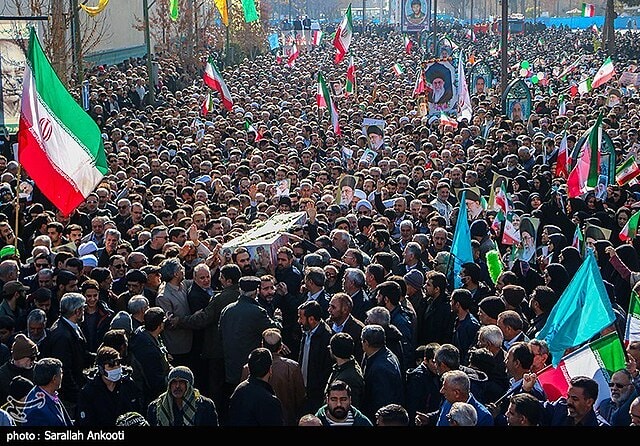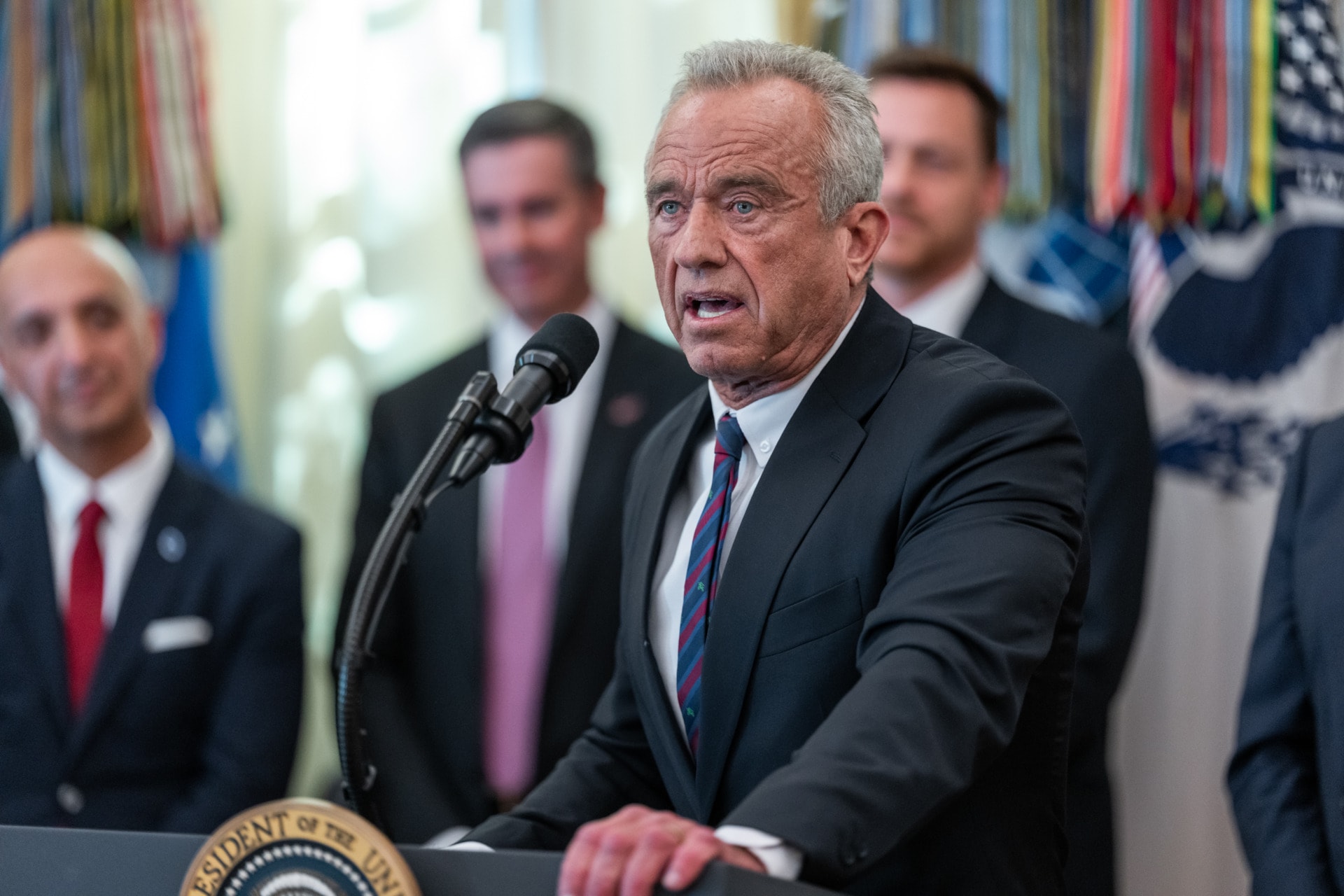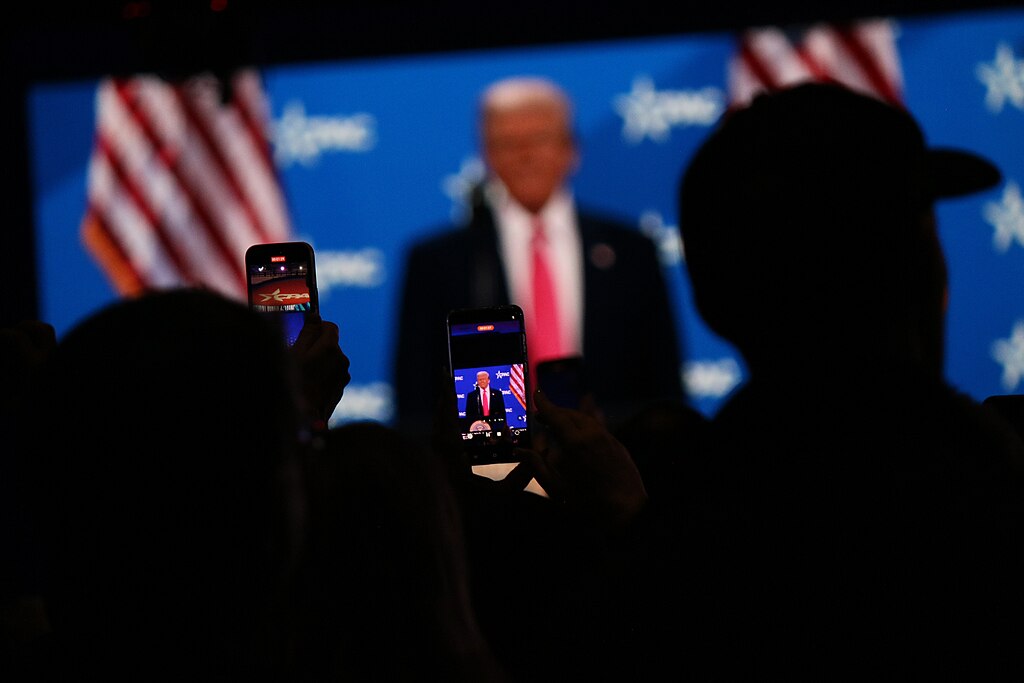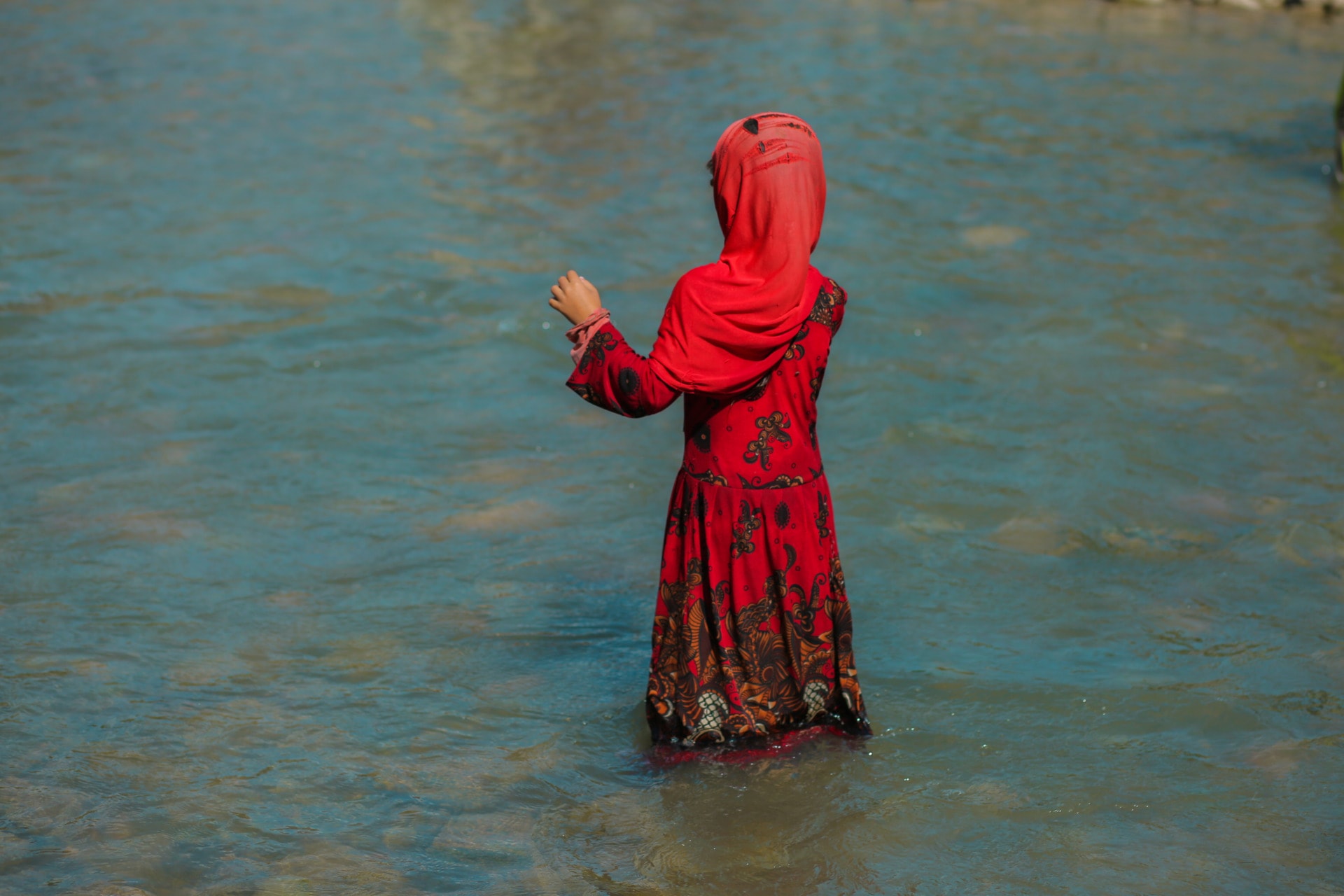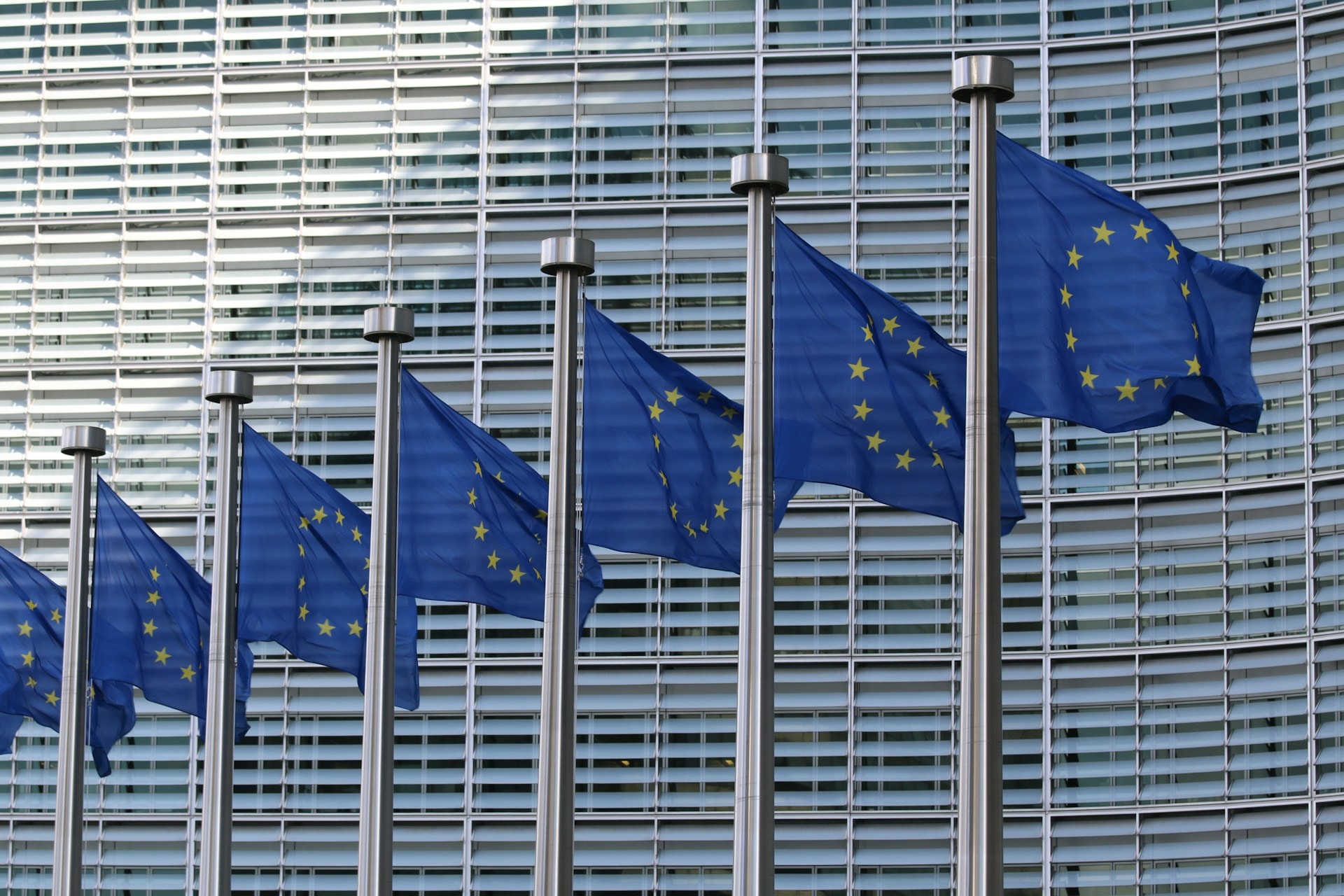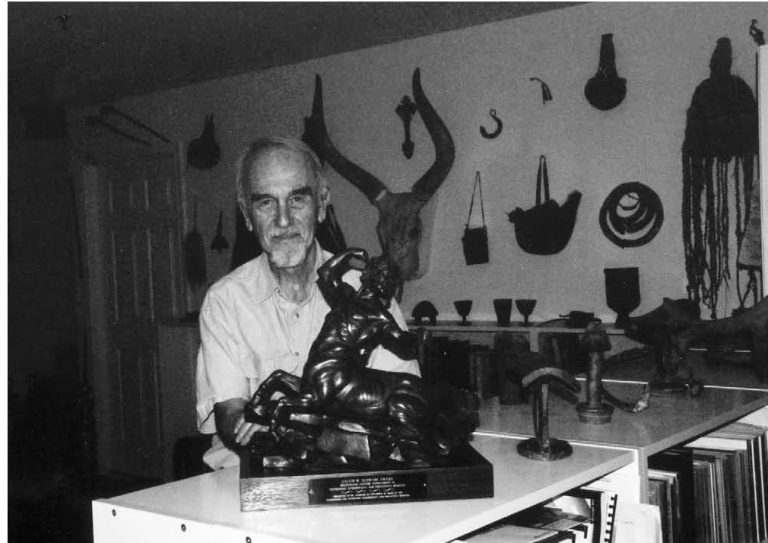This is a critical year in signaling whether we have a global community or a tribal planet. It will tell us whether individually and collectively we look to physical, political, and social borders as defining “self-interest,” or whether we have the willingness and find ways to go beyond. We need to recognize that the better choice, nay survival, is all of us coming together and doing common cause to prevent and contain the economic, social, and political “viruses” we all face. This is where “Our Common Agenda”, a major United Nations report, comes in, showing us why this is a pivotal moment for the planet and how to move forward.
In short, “Our Common Agenda” deals with what has become simply referenced as the three “Cs,’ namely ‘Conflict, Climate Risk, and Covid-19”, linked by some, to poverty. And the upcoming debates at the United Nations General Assembly that have just started are a major opportunity to do so and do it constructively.
If there is any hope of success, it will require the whole of countries, alliances, institutions, and civil society. It is a tall order, to be sure, and some will say those who espouse such thoughts are the modern-day Pollyannas.
But this is not yesterday’s world—we have billions more people on the planet than ever in history, technologies change our daily lives with some for good and others ill, social interconnectedness means we can communicate everywhere both bad and good ideas, pandemics are far more possible, new forms of terrorism can flourish, and severe climate events happen far more frequently than in the past, and know no borders.
The 2021 United Nations General Assembly, with representatives from 193 nations attending, opened yesterday, 14 September and the General Debate will start from Tuesday 21 September until Monday 27 September. Fully 109 world leaders will address UNGA either in person or with video statements, including President Biden who will travel to New York on 21 September.

Debates will be accompanied by the UN Secretary-General’s “Our Common Agenda” Report which looks ahead to the next 25 years giving his vision of what is needed. The Secretary-General presented the report to UNGA at the end of the 75th Session, just before the start of the 76th Session.
“Our Common Agenda” is an extensive report, building on twelve commitments across the global agenda made last year at the 75th anniversary of the establishment of the United Nations and effectively expresses the aspirations of those who want interdependence to triumph. The report’s main points, nicely captured in the Secretary-General’s introduction, are further summarized and edited below:
- First, now is the time to re-embrace global solidarity and find new ways to work together for the common good; this must include a global vaccination plan and bold steps to address the triple crisis of climate disruption, biodiversity loss, and pollution destroying our planet.
- Second, now is the time to renew the social contract between Governments and their people and within societies, so as to rebuild trust and embrace a comprehensive vision of human rights; this must include the active and equal participation of women and girls, without whom no meaningful social contract is possible. It should also include updated governance arrangements.
- Third, now is the time to end the “infodemic” plaguing our world by defending a common, empirically backed consensus around facts, science and knowledge; the “war on science” must end…and budget decisions should be backed by science and expertise, and a global code of conduct that promotes integrity in public information.
- Fourth, now is the time to correct a glaring blind spot in how we measure economic prosperity and progress; as currently measured, gross domestic product (GDP) fails to capture the human and environmental destruction of some business activities.
- Fifth, now is the time to think for the long term, to deliver more for young people and succeeding generations and to be better prepared for the challenges ahead; …meaningful, diverse and effective youth engagement both within and outside the United Nations, including through better political representation and by transforming education, skills training and lifelong learning.
- Sixth, now is the time for a stronger, more networked and inclusive multilateral system, anchored within the United Nations; effective multilateralism depends on an effective United Nations, one able to adapt to global challenges while living up to the purposes and principles of its Charter. Throughout, we need stronger involvement of all relevant stakeholders, and we will seek to have an Advisory Group on Local and Regional Governments
There is no question these wide-ranging, substantive points are on the mark. But the real question is whether they will gain traction outside of deliberations of governments or international organizations and result in concrete actions – the kind that translates rhetoric into decisions.
Freedom
Human rights
Free & fair elections↪️ These are essential elements of democracy.
More on Wednesday’s #DemocracyDay: https://t.co/Ng4TCszfmG #StandUp4HumanRights pic.twitter.com/iAjXab3EAx
— United Nations (@UN) September 15, 2021
To do so will require that the “people” (a.k.a public opinion) press their leaders at all levels to take steps. We know this can be a successful formula. For instance, the Millennium Development Goals had, and Sustainable Development Goals are having their positive effect, virtually everywhere, and civil society organizations (CSOs), have played critical roles in the achievements.
The Secretary-General’s agenda presents an even more daunting task beyond development goals. But it too can be done, with active and focused civil society engagement. An effort to garner views of entities closest to communities was undertaken over this year. The report on the “We the Peoples” online consultations with civil society, was such an undertaking and generated 523 proposals for a stronger UN from 1,759 participants from 147 countries.
This is a useful “starter platform” on which to build a much broader civil society organization effort designed to raise awareness through education and advocacy, addressing the wide agenda encapsulated in the three Cs.
Importantly, starting this September, the next four months will be a critical time, coinciding with the UN General Assembly and the annual meetings of the World Bank Group and IMF, when there is the highest global attention to cross-cutting issues.
Who needs to take this up? There are multiple and varied bodies some of which are non-profit grant organizations, CSIS, universities, foundations, research institutes, policy think tanks, international businesses, and innovation entrepreneurs. All of whom could directly or indirectly be engaged to consider, look for, and pursue ways to act on elements of that agenda.
What needs to be done? Any organization with broad leadership and human and financial resources could be the facilitator and/or contributor for such an undertaking, joined by other sister organizations.
The critical point is not who takes this on but rather that the UN Secretary-General’s “Common Agenda” and the 3 Cs be given due attention and priority.
Editor’s Note: The opinions expressed here by Impakter.com columnists are their own, not those of Impakter.com. — In the Featured Photo: Non-Violence, by Carl Fredrik Reutersward and gifted by the Government of Luxembourg to the United Nations. When the artist learned that his friend, John Lennon, had been murdered, he became so upset over this senseless death that he started working on the “non-violence” project. There are different variations of this sculpture, the most well-known in Malmo, Sweden, installed in 1985. The one outside the United Nations building in New York is a replica. Source: Flickr



